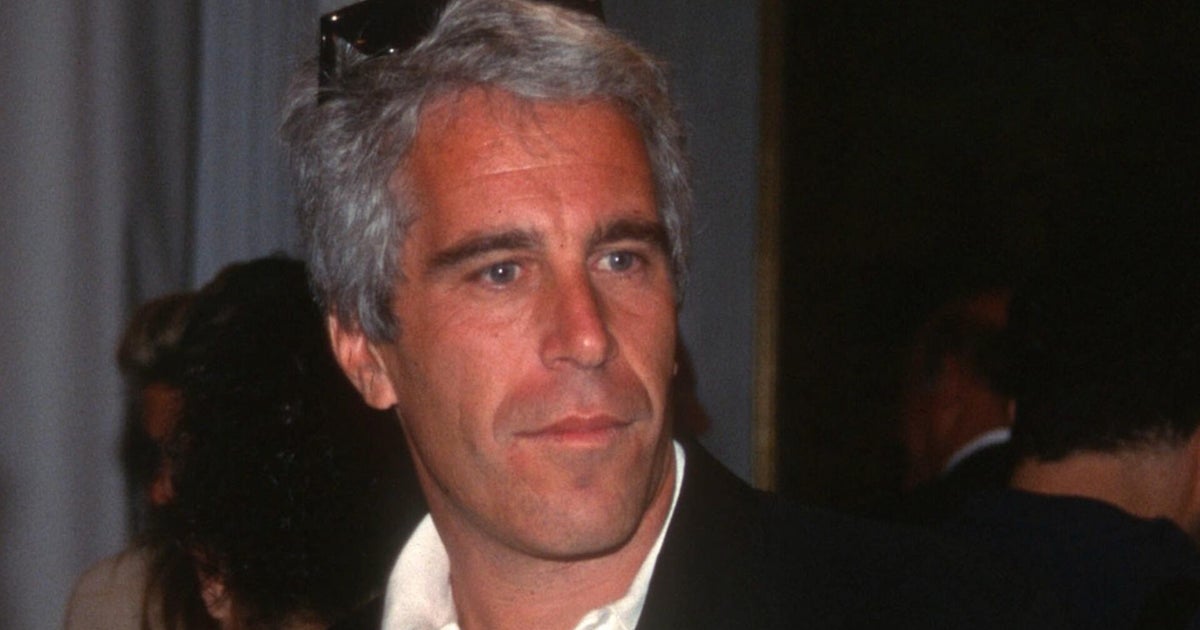Woodside, the largest Australian oil and gas company, has abandoned plans to build a lower-carbon fuels plant in the United States as energy users and producers reel from Donald Trump’s decision to slash tax breaks for green technologies.
The Perth-based energy giant told investors on Wednesday it would take a $US140 million ($214 million) profit hit after deciding to walk away from the H2OK liquid hydrogen project it had been planning in Oklahoma, blaming the rising cost of making cleaner hydrogen and weaker-than-expected customer demand.

Woodside has walked away from plans to build a liquid hydrogen project in Ardmore, Oklahoma.
“We have made the decision to exit the H2OK project, demonstrating our disciplined approach to portfolio management,” Woodside chief executive Meg O’Neill said on Wednesday.
Woodside, a producer of oil and liquefied natural gas (LNG), is pursuing the development of lower-carbon hydrogen as part of its climate transition strategy. Because hydrogen emits only water vapour when burned, it is considered by many to be a promising climate-friendly energy source that could eventually substitute fossil fuels and help clean up heavy-polluting industries, as long as it is made using low- or zero-carbon energy sources. Woodside’s H2OK would have used an electrolyser, powered by the electricity grid, to split water into hydrogen and oxygen.
However, Woodside announced it was pausing the H2OK project in January, shortly after Donald Trump’s return to the White House. It also scrapped a separate plan to build a concentrated solar thermal energy facility in California through a partnership with Heliogen, a company backed by billionaire Bill Gates.
While not directly attributing those decisions to Trump’s energy agenda, Woodside at the time said it needed to consider the implications of the administration’s pledge to dismantle support for US clean energy investments, including halting the disbursement of funds from the $567 billion Inflation Reduction Act, which had been offering generous tax breaks for renewable developers.

Trump’s domestic policy bill slashes tax breaks for renewable energy while aiming to make it cheaper and easier to produce fossil fuels.Credit: AP
This month, Trump secured the passage of a giant tax and domestic policy bill through Congress, which will make it cheaper and easier for companies to drill and produce fossil fuels, while cutting funding for electric cars and wind and solar farms.
Woodside remains committed to one clean energy investment in the US, the Beaumont lower-carbon ammonia project in Texas. The project was 95 per cent completed as of June 30, the company said.
Woodside’s biggest US investment, however, is an expansion of its global LNG business. This year, Woodside gave the final clearance to start building a $27 billion export terminal on the US Gulf Coast, known as Louisiana LNG, which will convert US gas into super-chilled liquefied natural gas and load it onto ships to sell across the globe from 2029.
Loading
Once completed, the terminal will dramatically strengthen Woodside’s foothold in the Atlantic Basin, boost exposure to LNG buyers in Europe and position it as an LNG “powerhouse”, accounting for more than 5 per cent of global supplies of the fuel, the company said.
“Our announcement in April of a final investment decision to develop the Louisiana LNG project positions Woodside as a global LNG powerhouse, complementing our established Australian LNG business and enabling us to meet growing global demand from a broader range of customers,” O’Neill said.
The comments come as ASX-listed Woodside on Wednesday reported a better-than-expected 8 per cent lift in sales for the June quarter, boosted by the performance of its Sangomar oil project off the coast of Senegal.
Most Viewed in Business
Loading


















































